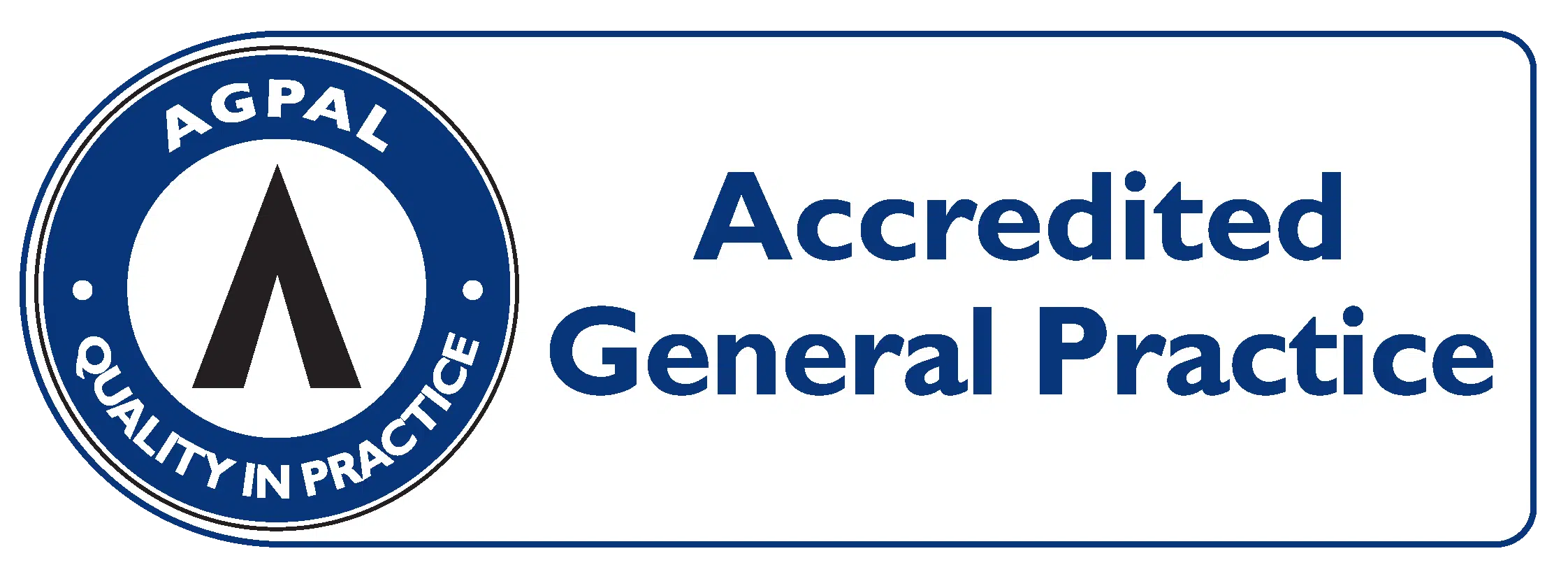Today is The World atopic eczema day 2022
What is Eczema?
Eczema is a chronic and complex skin condition. It can vary from a mild to moderate itch to an extremely itchy, painful and debilitating condition, with huge effects on quality of life. There are different types of eczema, the most common being atopic eczema.
The symptoms of Eczema are:
- Dry Skin.
- Itching.
- Red to brownish-grey patches. Inflammation can look different on different coloured skin.
- Thickened, cracked, oozing or scaly skin.
- Sensitive, raw skin.
However they can vary from person to person
Treatments for eczema also vary. They can include:
- Topical treatment: topical corticosteroids, and other creams and dressings.
- Phototherapy ( Light therapy).
- Systemic treatment: oral corticosteroids as well as immunotherapy and other even stronger medications
What causes eczema?
Eczema can runs in the family, in other words it can be genetic. There are also environmental factors or external triggers that can affect it.
It is an autoimmune disorder resulting in inflammation and itch.
People with eczema also have a defective skin barrier. The skin is less able to protect a person from irritants and allergens.
What are the treatments for eczema?
There is no ‘cure’ for eczema –awareness and avoidance of the triggers is the key, together with management of the symptoms. Many people hope for that ‘one thing’ that will fix their eczema or prevent the flare ups. As eczema is a chronic and very complex condition that can be different for each individual, it is unusual that ‘one thing’ will be the answer.
However there are some hopeful new medical treatment options becoming available.
There is also a link between eczema and food allergy. Food allergies may trigger eczema. Eczema may also result in food allergy.
For more information and treatment options talk to your trusted medical professional or call us on 0243847200 or visit our website




Recent Comments